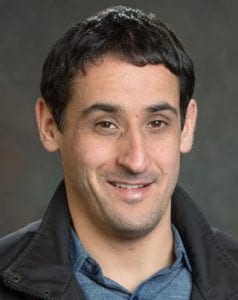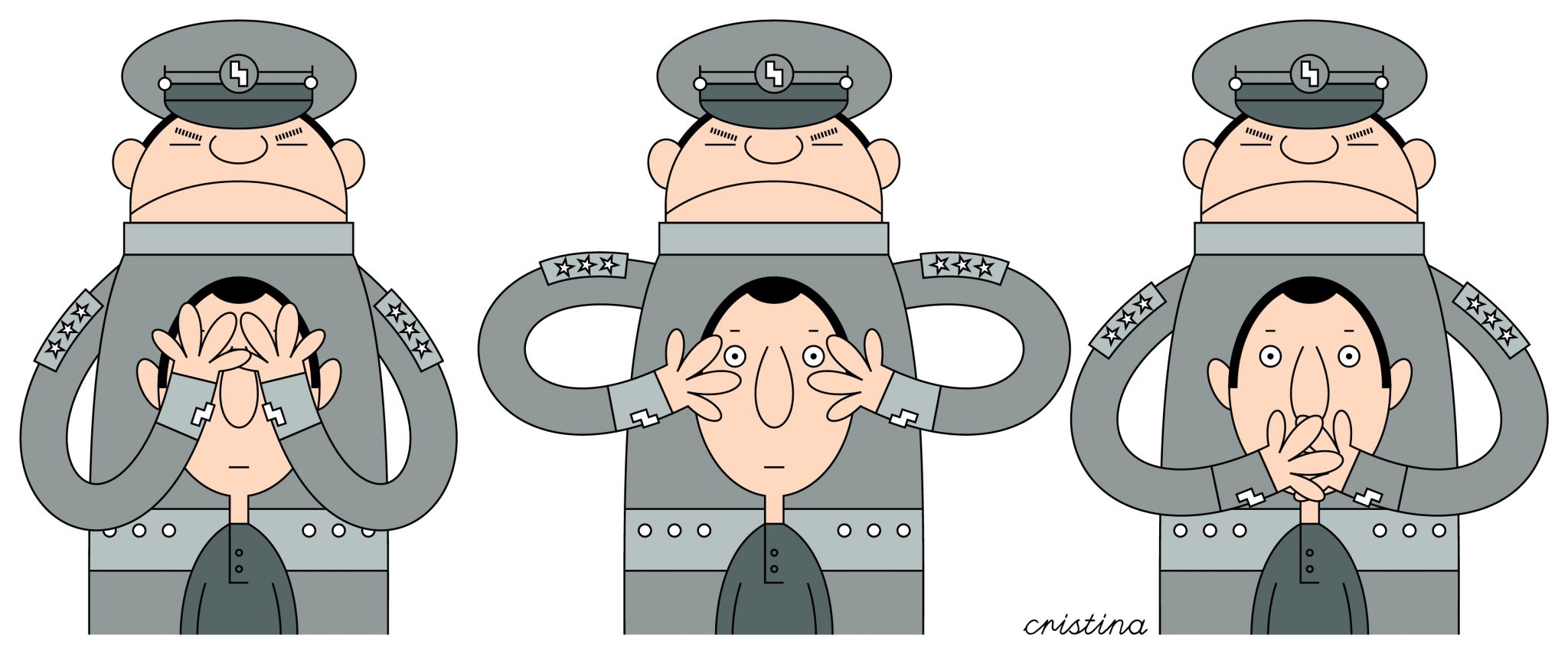BY JEREMY KUZMAROV
 On Saturday, Aug. 5, Paul Kagame was re-elected with 99% of the vote, an outcome that ensures he will remain president of Rwanda until at least 2024.
On Saturday, Aug. 5, Paul Kagame was re-elected with 99% of the vote, an outcome that ensures he will remain president of Rwanda until at least 2024.
The State Department expressed concerns about irregularities in the vote tabulating process. The main opposition candidate, Diane Rwigara, had naked photos of herself displayed on the internet and was barred from running. She said that Rwanda is “like a pretty girl with a lot of makeup, but inside is dark and dirty.”
For years, the country has been the darling of the western donor community. Bill Clinton called Kagame a “visionary leader” and Bill Gates said he was “among the greatest leaders of our time.”
Kagame has allegedly presided over an economic miracle in which growth has expanded by 8% per year, and poverty rates decreased by 17%.
Former economic adviser, David Himbara, however, said that state authorities manipulated statistics and that Rwanda was an “economic midget compared to its neighbors.”
Mr. Kagame also established a police state in which the government maintains control through a network of surveillance in which each village has a chief and an informer. Dissidents have been hunted down and murdered even in exile, including the former intelligence chief Patrick Karegeya who was killed in South Africa.
The New York Times in its coverage of the election acknowledged repressive features of Kagame’s rule but said he “had guided Rwanda with a steady hand” and was “hugely popular” because he had “brought stability to a traumatized country after the 1994 genocide.” [Kimiko de Freytas, “Rwandans Vote in in Presidential Election, With Only One Likely Winner, Aug. 5, 2017, A4]
Much evidence reveals, however, that Kagame rules through fear and helped precipitate the orgy of violence that befell the country in 1994.
In October 1990, the Rwandan Patriotic Front [RPF], commanded by Kagame, invaded Rwanda from Uganda with the blessing of the United States and United Kingdom in an attempt to overthrow the Hutu led government of Juvenal Habyarimana.
The invasion instigated the civil war that resulted in an escalation of ethnic violence.
An eight-year French investigation found that Kagame then masterminded the shooting down of Haybarimana’s plane in April 1994 as it returned from peace talks in Arusha, Tanzania, which established a power sharing arrangement.
The standard narrative blames Hutu extremists for shooting down the plane and orchestrating the genocide of Tutsi. However, investigations by independent scholars and legal experts have found that basic demographic trends made clear that more Hutu were killed than Tutsi.
Kagame also blocked UN intervention because his ultimate goal was to win state power and restore Tutsi primacy, which had been destroyed during the early 1960s Hutu Power revolution.
Kagame’s RPF forces went on to invade Congo twice, helping to install current President Joseph Kabila after first supporting and then turning against his father Laurent. RPF-backed militias in turn plundered Congo’s resources, accounting for the artificial economic boom in the capital, which Kagame could then take credit for.
In 2011, President Barack Obama asked the State Department to demand that Kagame be immune from prosecution as an acting head of state after a lawsuit was filed in an Oklahoma court by the widows of President Haybarimana and Burundian leader Cyprien Ntarimana. They purported to have proof that Kagame masterminded the fatal April 1994 plane crash, which triggered the Rwanda mass killings.
In 2017, the Trump Administration is committed to providing the Rwandan government with $500,000 in military and police aid, $5,000 in advisory training, and over $137 million in economic assistance.
During the height of the Congo war, as Wayne Madsen documents in Genocide and Covert Operations in Africa, 1993-1999 [Edwin Mellen Press, 1999], the Pentagon provided the Rwandan and Ugandan invaders over $10 million in arms through CIA conduits, installed a command and communications center in Kigali and along the shores of Lake Victoria, and shared intelligence and satellite imagery of refugee movements some of which was provided free of charge by the defense contractor Bechtel.
American Special Forces and private contractors such as Military Professional Resources Inc. [MPRI] also trained RPF and Ugandan fighters guilty of civilian atrocities.
The U.S. government, as we can see, has thus far had a strong stake in sustaining Kagame’s rule for geostrategic motives and out of desire to access Congo’s vast mineral wealth over the Chinese and other powers like the French who had supported Habayrimana.
Mr. Kagame, in turn, has been treated with relative kid gloves in the mainstream media, which may condemn some of his excesses but also rationalizes his rule.
A blatant double standard can be seen when we compare coverage of Kagame and leaders who have been defiant of the West such as the late Muammar Qaddafi of Libya, Robert Mugabe of Zimbabwe, Venezuela’s Hugo Chavez and Nicholas Maduro and Russian President Vladimir Putin.
Putin has been consistently referred to as an ex-KGB thug and accused of killing opponents, arming the Taliban, financing right wing parties in Europe and engaging in a Nazi type blitzkrieg in Crimea, when Crimeans voted in a referendum to rejoin Russia and Putin had been provoked by the U.S. sponsorship of a coup d’états in Ukraine.
The Times ends its piece on Rwanda by quoting from journalist Stephen Kinzer, author of the pro-Kagame book A Thousand Hills, who stated that “the only year when there was some measure of free discourse in Rwanda, was the year that led up to the genocide.”
As if Rwandans or Africans by implication cannot handle real democracy and require the iron hand of a dictator like Kagame, who conveniently serves the regional interests of the United States and United Kingdom.
– Jeremy Kuzmarov teaches at the University of Tulsa and is author of Modernizing Repression: Police Training and Nation Building in the American Century [Massachusetts, 2012] and a forthcoming book, The Russians are Coming Again: What We Did Not Learn From the First Cold War [Monthly Review Press, 2018].








